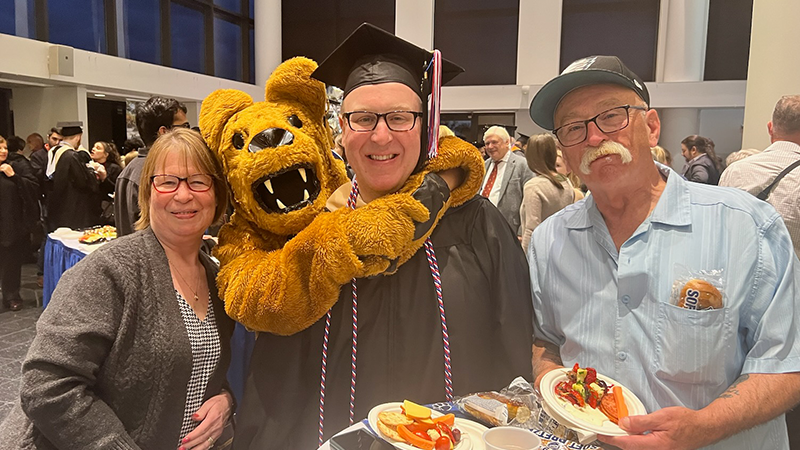Recent graduate overcomes traumatic brain injury to earn MBA
In August 2019, Jason Herman sustained a severe traumatic brain injury and other life-threatening injuries. Less than four years later, he earned his MBA from Penn State Great Valley with a 3.6 GPA.
By: Christy Selagy


